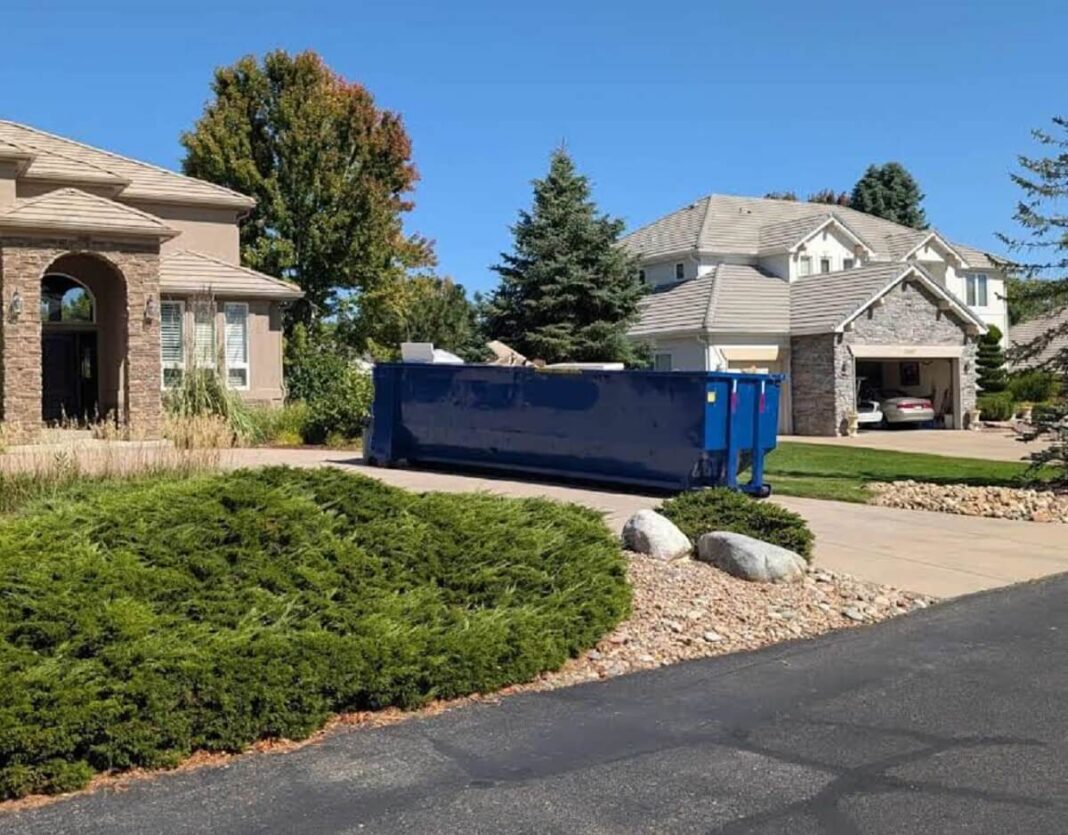No matter if it’s a home remodeling task, a garage cleanup, or a construction site, dumpster rentals can make the waste disposal part of your job much easier. But many
Denver residents and contracting businesses could use some guidance with their dumpster rental questions.
Common questions include: What size dumpster do I need? How long can I keep my rented dumpster? What can you put in it? In actuality, the dumpster rental Denver process can be simple, and with proper planning and execution, you can avoid delays or the need for an extra pickup, along with extra fees.
Denver’s burgeoning population, exacting trash rules, and varied neighborhood HOAs mean that some parts of the rental process need local know-how. Here are a few basic steps you can take to ensure everything goes more smoothly:
Determine Your Dumpster Needs
The initial step in securing a dumpster is understanding the scope of your project. Are you remodeling your home or office, eliminating garden waste, or handling construction waste? The amount and type of material will inform your choice of dumpster dimensions – generally from 10 to 40 cubic yards.
Remember, not all waste is the same. Appliances, certain construction materials, and hazardous waste might have extra fees or restrictions attached to them. If you’re throwing away any of those types of materials, be sure to let your rental provider know upfront so they can set you up with the right size and type of dumpster for your project.
Find a Reputable Local Dumpster Provider
While there are a number of dumpster rental Denver providers in the area, not all furnish a comparable level of service. Look for a company that offers clear pricing, allows for flexible scheduling, and has good reviews from customers. Firms based locally often have a much better grasp of the kinds of city-specific regulations that you need to know before tackling your waste removal project.
Verify whether the supplier has incorporated the specifics of delivery, collection, weight limits, and rental duration into their estimate. Be cautious of any concealed charges, particularly those relating to excess weight, rental extension, or disallowed items.
Check Denver-Specific Rules and Permits
If you intend to put the dumpster on a public street or walkway, the city of Denver may require you to get a temporary permit. In residential neighborhoods where space is limited or where HOA rules apply, it’s wise to check for restrictions regarding where and for how long you can place the dumpster.
Most rental companies can help you find out whether a permit is required and can assist you in securing one. Make sure to take into consideration the time and cost associated with permits when planning your project, especially during prime season for construction.
Schedule Delivery and Pickup
After you’ve selected a provider, set up delivery on a day when you or another responsible party can be on-site. This allows you to make sure that the dumpster is positioned where it’s needed and prevents any extra fees that might come up if the truck can’t make the drop-off.
Be mindful to not under or overestimate your rental window, as doing so can run up unnecessary charges. Most rental firms provide for 7- or 10-day increments, after which you can extend your period of use for an additional daily fee.
Understand What You Can and Can’t Throw Away
Denver mandates safe practices for using dumpsters, especially when it comes to hazardous and forbidden materials. Some materials that are often restricted from being placed in dumpsters are:
- Coatings and solvents
- Batteries and electronics
- Rubber products (such as tires)
- Appliances that use Freon (such as old refrigerators)
- Waste from biological or medical sources
Final Tips for a Stress-Free Dumpster Rental Denver
Reserve your dumpster well in advance, particularly during busy times such as spring or fall. Additionally, make certain you discuss essential details to your provider in a clear manner; specifically those concerning the timing, access, and contents of the unit. Don’t fill the dumpster too full. The level of materials should not exceed the rim of the dumpster.
Verify that the details for the pickup are correct to avoid any unforeseen issues with access. You can keep your project on track and your worksite tidy by following these guidelines and working with a dependable local company.


